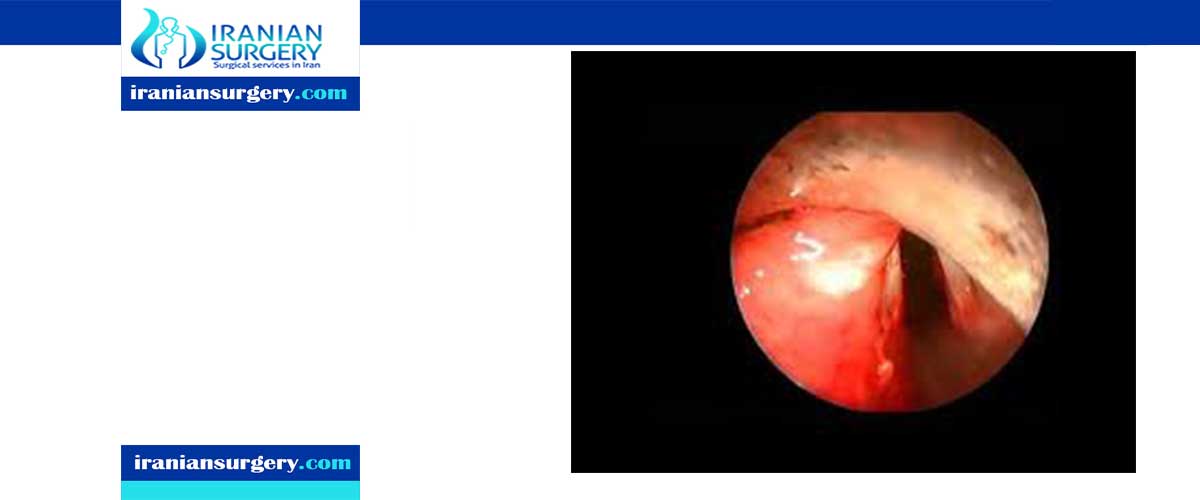Fat injection thyroplasty permanent

Vocal cord surgery
If a vocal cord lesion is large or positioned in an area that is difficult for your doctor to reach, a microlaryngoscopy may be performed to remove, or excise, the lesion. This procedure typically lasts 30 to 60 minutes and takes place in the operating room. General anesthesia is required.
Read more about: Vocal cord injection technique
Read more about: Cancer treatment
Vocal cord injection
A vocal cord injection is a procedure in which a filling agent is injected into your vocal cord to augment your vocal cord. This procedure is used to repair vocal cord paralysis or immobility, age-related voice changes and vocal cord scars. This has been utilized extensively for temporary vocal fold paralysis and for trial vocal fold injection augmentation for a variety of causes of glottic incompetence. The material requires no preparation and has no biologic infection trasmission risk. The substance typically lasts 2-3 months after injection.
Read more about: Fat augmentation of vocal cord
Read more about: Fat injection laryngoplasty
What are the risks of vocal cord surgery
Like any surgery performed under anesthesia, vocal cord surgery carries its own risks:
- anesthesia risks such as cardiac arrest, medication reactions or hypotension: these are serious and may be life-threatening, but the risk is small and an emergency team is on hand to deal with such situations
- infections: these do not usually occur in a sterile operating environment
- haemorrhage from the operative site: this is rare unless the tumor is very vascular
- pressure on the tongue from the laryngoscope causing numbness: this may persist for some weeks but normal sensation usually returns
- unanticipated injury to the vocal cords
- scarring of the vocal cords with permanent change in voice
Is vocal cord surgery painful?
Most people who have microlaryngoscopy return home on the day of surgery. You may experience minor discomfort in your throat or soreness in your jaw, but pain is rarely severe. Pain may also be referred to the ears. Don't be alarmed if you experience earaches during the first 1-2 weeks after surgery.
Read more about: Oral cancer treatment
After vocal cord surgery
For patients to benefit fully from their vocal cord surgery, it is important that they follow certain recommendations soon after surgery.
You may eat and drink normally after the operation. The operation itself will probably be done as a day case, so you should be able to go home on the same day. The vocal cords may take 6-8 weeks to fully heal after microlaryngoscopy, so over this time, you should treat your voice with care.
Your doctor may ask you to speak as little as possible for 1 to 2 weeks after the procedure. If you speak, use your normal tone of voice and do not talk for very long. Whispering or shouting can strain your vocal cords as they are trying to heal. These activities can also damage your vocal cords.
Patients are advised to try swallowing rather than clearing their throat.
During the three-to-five day period of complete voice rest, patients are advised to avoid drinking alcohol and smoking cigarettes. They should also avoid being around others who smoke.
Read more about: Vocal cord injection technique
Read more about: laryngoscopy surgery for throat
Is vocal cord paralysis permanent?
Vocal cord paralysis is a common voice disorder occurring with either one (unilateral) or both (bilateral) vocal cords. The majority of cases are unilateral with the left vocal cord being affected twice as often as the right. Females are also 33% more likely than men to have vocal cord paralysis. Interruption of the nerve input to voice box muscles may be temporary or permanent, partial or complete, and may affect one or more voice box muscles.
Read more about: laser laryngoscopy surgery
Read more about: Fat augmentation of vocal cord
10 common questions about Fat injection thyroplasty permanent
[kkstarratings]

